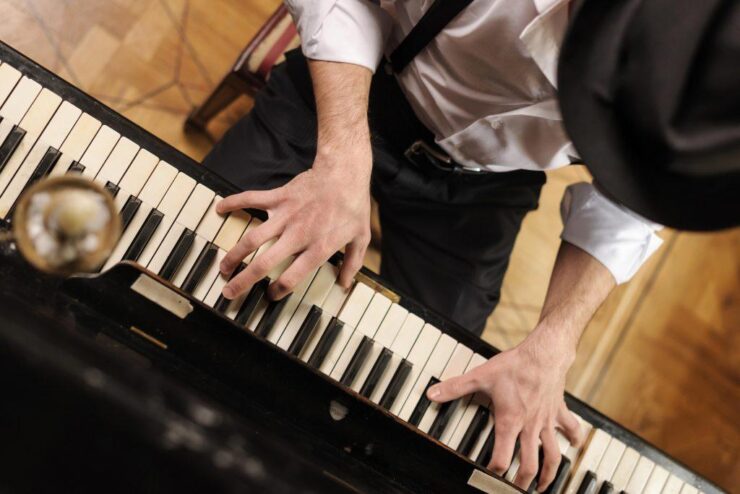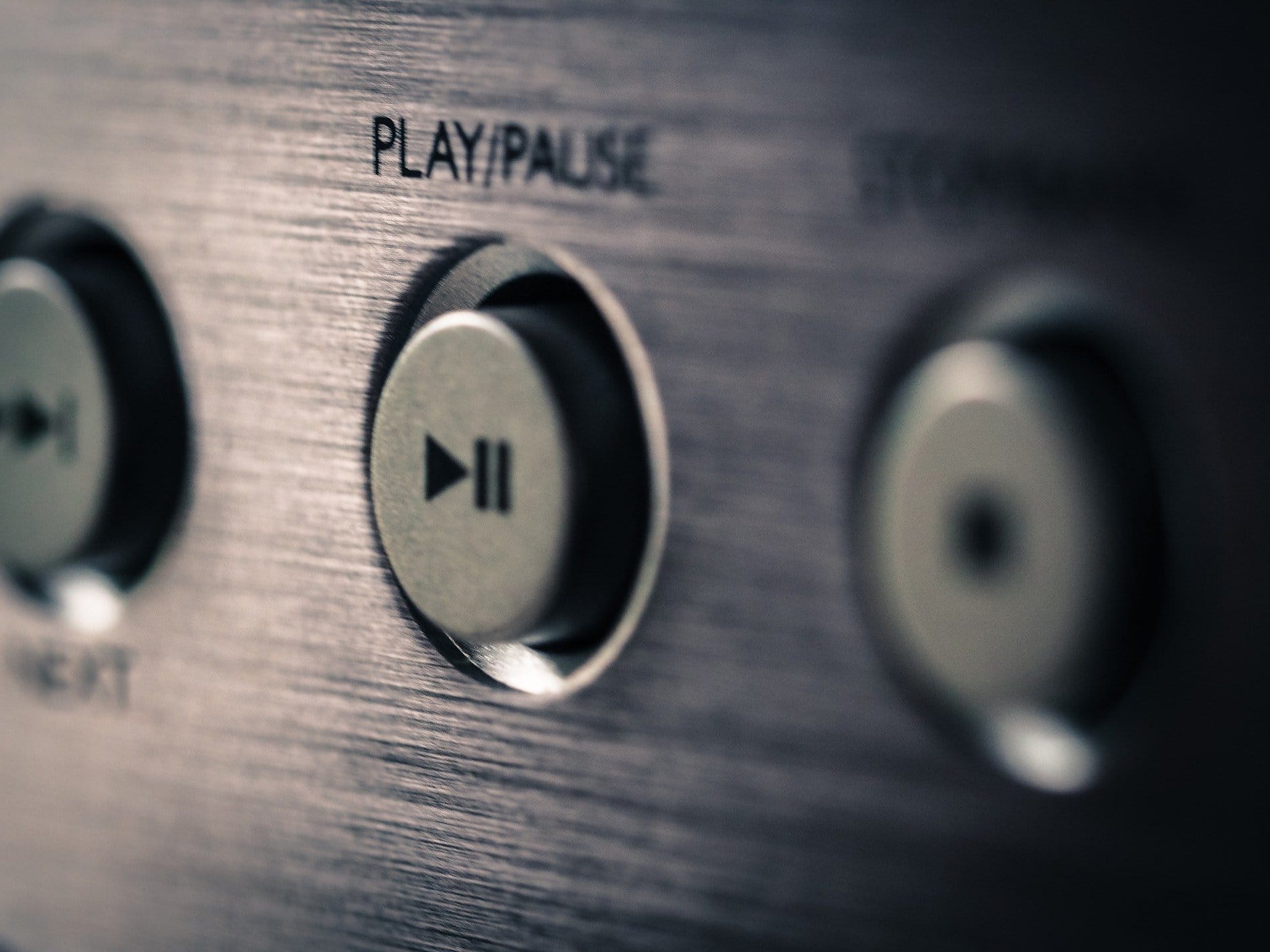As an aspiring artist, you might often find yourself wondering how you can maximise the efficiency of your piano practice and advance your skills quickly.
You do not want to squeeze out the fun from piano practice and turn it into a chore, yet you want to make sure that your practice sessions are as productive as possible.
Piano experts at Pianodreamers.com confirm that finding a way to maximize the efficiency of your piano practice sessions without making it boring or tiresome can be a challenge.
Read this article to find out how you can make your practice sessions more productive whilst keeping it fun and enjoyable.
Practice Playing Bit By Bit
It can be tempting to dive headfirst into learning a new piano composition, but often, this is not the most effective way to do so.
By practicing a new piece slowly and one hand at a time, you are able to gain a better understanding of the piece. This way, you can perform it flawlessly much faster.
This tip not only applies to novice pianists but experienced ones as well including singing pianists. No matter how skilled you may be, regularly practicing this technique will help you grasp any piano composition much more quickly.
If you are planning to perform the piece publicly, this offers a good way to quickly ensure that your performance goes off without a hitch.
If you do not follow this practice for any piece, you might not be able to get the same level of musical command over that particular composition.
Follow a Regular Practice Schedule
If you learn the piano at home by yourself, you might end up putting up your practice session off for some other engagement.
We understand all too well how difficult it is to find a dedicated time slot in a busy schedule to practice the piano.
However, setting aside time for your practice sessions at regular intervals is one of the best ways to eke out the most productivity from practicing and get better much faster.
The amount of time you put into learning the piano is, without a doubt, one of the leading factors that decide how quickly you get better at the activity, especially with classical piano.
However, the frequency of your practice sessions can be of even greater importance than the time.
It is better to practice every day (or every other day, if you simply cannot find the time) for a few minutes, rather than spending hours every weekend in front of the piano with zero practice on the weekdays.
Just twenty minutes of practice every day is much more effective than two or three continuous hours of practice every weekend.
Stay Motivated
There is another reason why we do not recommend whiling away your weekends on the keys. As your practice sessions get longer, they get less effective as a result.
Your progress slows down, and you are not able to get better as quickly as before. When this happens, you run the risk of losing your motivation to learn.
The practice sessions end up feeling like a chore instead of a fun activity, and you are tempted to give up practicing in favour of a more enjoyable pastime.
Thus, it is important not to lose sight of why you started learning the piano in the first place and keep yourself motivated. The easiest way to do this is to keep the activity fun and entertaining – so do not spend long continuous periods of time in front of the piano.
If you have spent a long time trying to learn a particular sequence or technique, and you feel the frustration coming on, take a break from practicing and do something else instead.
Come back to the piano the next day with a fresh mind, and you will be surprised by how quickly you get better.
Another great way to motivate yourself is to keep revisiting the reason why you picked up the keys in the first place.
You could even write it down on a piece of paper and stick it onto your piano so that every time you sit down to practice, you can keep your eyes on the prize.

Look for Feedback
One of the best ways to improve the efficiency of your practice sessions is by looking for constructive criticism and adapting your playing style accordingly. However, this is easier said than done.
If you practice the keys by yourself, you may not have access to a talented pianist who can point out the flaws in your performance.
Alternatively, you might not have gained the confidence to perform in front of another person as yet. Not to worry, though, we have a solution for that as well.
You can use a mobile app like Skoove to gauge your performance and improve your playing skills. Skoove is one of the best apps to play piano, that actually listens to you playing and provides valuable feedback in real-time. For other app ideas see our top 15 mobile apps for musicians post.
The Artificial Intelligence at the back end of the service analyses your performance and deconstructs it thoroughly to identify the things you have got right and what exactly you are doing wrong. It then offers you tips and practice lessons you can use to improve your technique and become a better pianist.
You can do this in a couple of different ways. Before beginning your practice sessions, you can install the app on your iOS device and connect your MIDI-enabled digital piano to it to get instant feedback. Or, you can connect it to your desktop through USB and visit the Skoove website to access their online service.
But what if you have an old acoustic piano with no MIDI interface? You need not worry, as Skoove is fully compatible with those too.
Instead of connecting to your piano, the service uses the microphone on your desktop or smartphone to listen to your performance in this case. No matter the type of piano you own, you can take advantage of Skoove’s service.
Final Word
It is only natural to want to improve your piano playing skills as quickly as possible. You have to be careful when you try to maximize the efficiency of your practice sessions without making them seem tedious.
If you follow the tips mentioned in this article, you can easily make your practice sessions much more productive and become a better pianist in a relatively short period of time.
If you have found this article useful, please let us know in the comments below!
Share this:




















